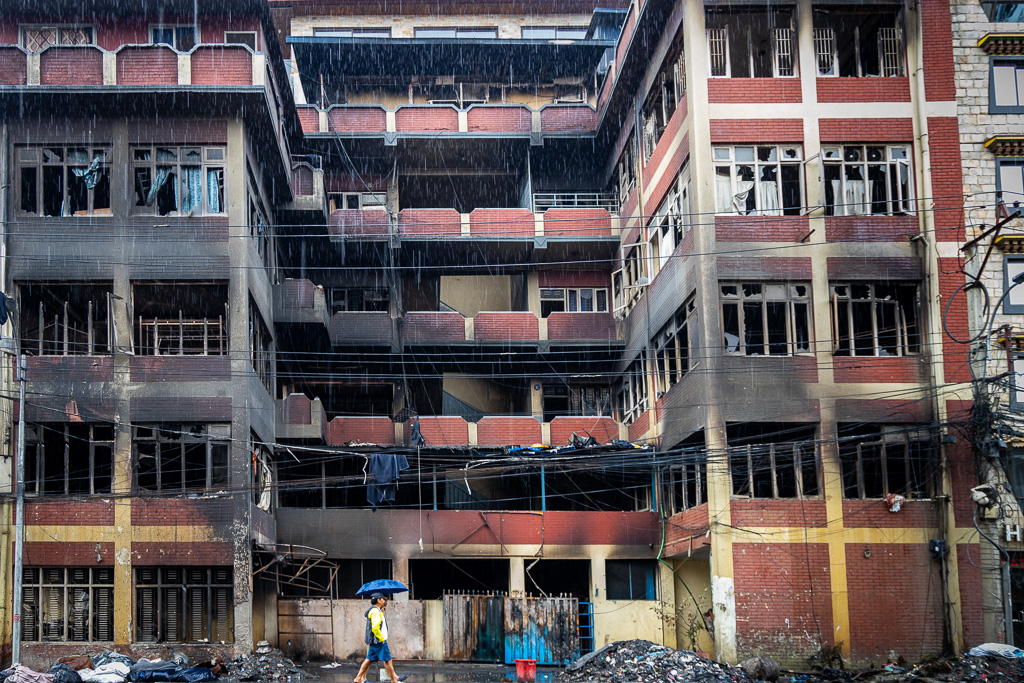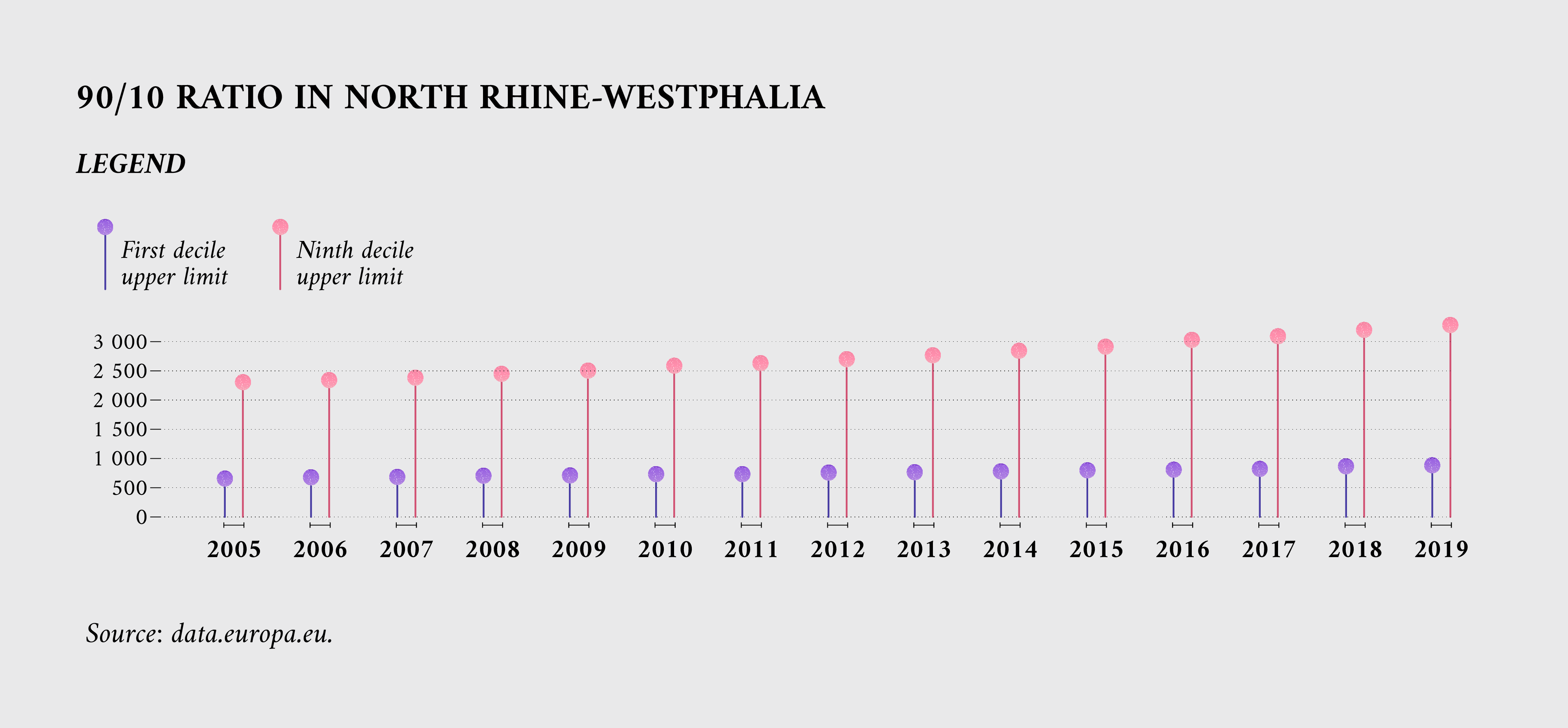
04 Nov, 2025
3 min read
Senator Marcoleta and Justice Secretary Remulla Clash Over Restitution Requirement in Witness Protection Program
During a Senate Blue Ribbon Committee hearing on the ongoing flood control scandal, Senator Rodante Marcoleta and Justice Secretary Jesus Crispin Remulla engaged in a contentious exchange regarding the conditions for entry into the Witness Protection Program (WPP). The dispute centered on whether restitution must be made before an individual qualifies for protection under the program.
Marcoleta firmly argued that the law does not mandate restitution prior to WPP admission, pointing out that any civil liabilities and restitution are determined by courts only after successful criminal prosecution. He stated, "How can you say someone will restitute? Are there findings on how much or in what manner restitution should be made? This is just an application stage. Please don't alter the legal requirements, Mr. Secretary."
Repeatedly emphasizing the legal provisions, Marcoleta challenged Remulla by saying, "This is not my opinion, it's what the law states, Mr. Secretary."
Justice Secretary Remulla conceded that the law itself does not explicitly require restitution before WPP admission. However, he defended his stance by highlighting the broader purpose of the legislation, underscoring the importance of justice — especially in cases involving financial crimes where restitution plays a vital role.
He explained, "It's not explicitly stated in the law, but we operate based on the intent behind it. Restitution represents what is morally right and expected by society. Even if the law doesn't specify it, this principle guides us."
The debate escalated as Marcoleta accused Remulla of effectively rewriting the law by imposing restitution as a requirement and warned that such an action might have legal consequences, including possible disbarment.
Remulla responded by describing the Department of Justice's approach as case-specific, shaped by the unique facts of each situation. He emphasized efforts to conserve assets from the outset, citing the severity of the alleged financial crimes and the benefit of preserving resources for the country.
"Given the gravity of these financial offenses, protecting assets early is in the national interest, sir," Remulla asserted.
Marcoleta rebutted by reaffirming that civil liability and restitution are implicitly linked to the criminal prosecution process, with courts determining restitution amounts—not preliminary goodwill assessments. He stressed that imposing restitution as a preliminary condition contradicts legal provisions.
"That's not in the law unless you can cite a relevant legal clause stating otherwise," Marcoleta insisted.
Remulla concluded by expressing regret over their disagreement but affirmed the department's commitment to pursuing its responsibilities as deemed appropriate.
This exchange sheds light on the complexities surrounding the enforcement of the Witness Protection Program within cases involving significant financial irregularities and the legal interpretations shaping its application.
Recommended For You

Jimmy Kimmel Show Suspended Amid Trump Administration’s Licensing Threats Over Critical Coverage
Nov 04, 2025
Angelica Bautista

Philippines Deports Chinese Nationals Linked to Illegal Offshore Gaming and Mining
Nov 04, 2025
Rafael Villanueva

McDonald’s and RMHC Launch 50th Ronald McDonald Bahay Bulilit Learning Center in Biliran
Nov 04, 2025
Angelica Bautista

Experts Urge Focus on Capital Gains and Inheritance Taxes Over Direct Wealth Levies in Europe
Nov 04, 2025
Rafael Villanueva
